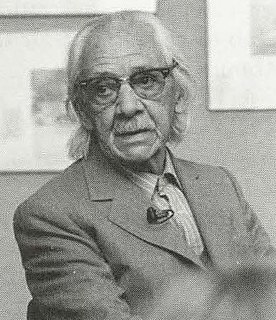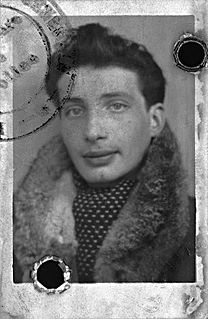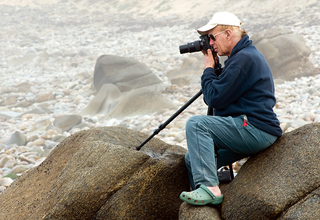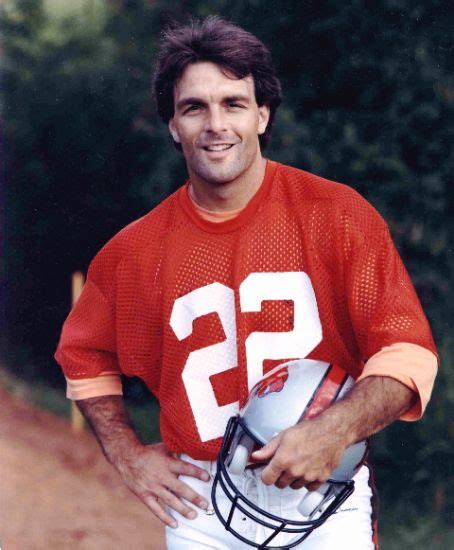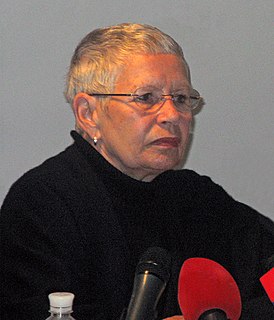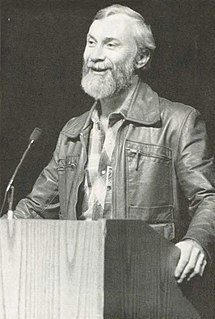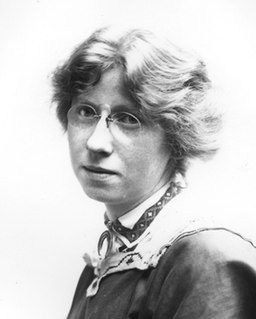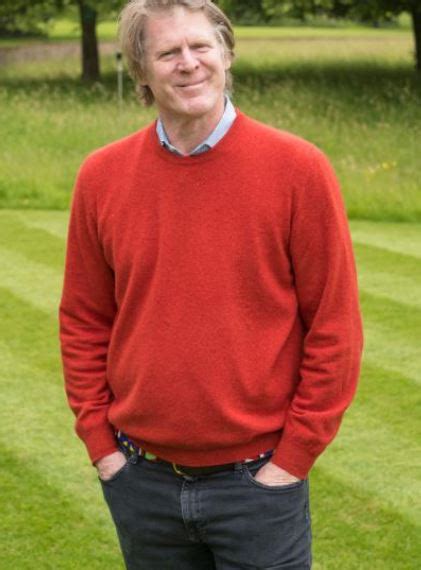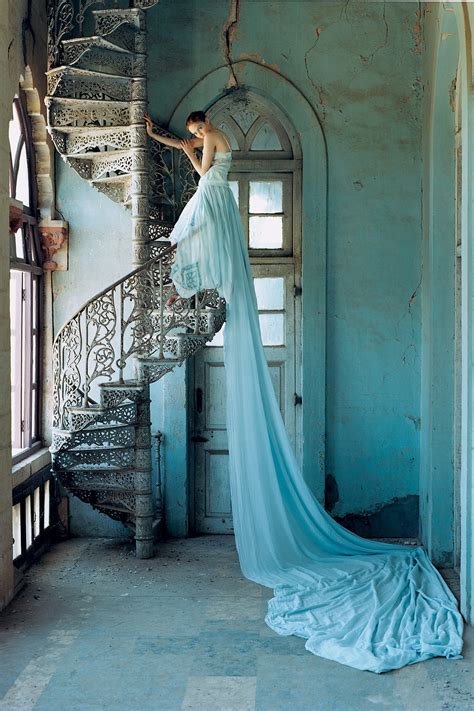A Quote by Paul Walker
Being a digital photographer I'm in awe of the older generation of photographers who created all those iconic cinematic style images on film, such as Man Ray's portrait of the photographer Lee Miller.
Related Quotes
A photographer is a witness. He has a moral duty. Every picture must be true and honest. I believe a photographer's strength is his ability to accurately record reality. There are photographers who think they are lucky if they find unusual or special subject. But it is never the subject that is so marvelous. It is how alive and real the photographer can make it.
I’ve noticed that the people who started on film still have the ability to see the person in front of them. Whereas for a lot of photographers who have only ever worked in digital, the relationship between the photographer and the person who they’re taking a picture of sort of doesn’t exist anymore. They’re looking at a computer screen as opposed to the person.
If there is a single factor which separates the best photographers from the wannabes it is the quantity of images which they produce. They seem to be forever shooting. I have watched many of them as they take picture after picture even when they are not photographing. [...] Often these intimate images do not look as though they were taken by the same photographer. And that is their fascination and charm.
The images which the [press] photographer has filtered from reality, whether particular events or the anguish of human reactions to them, already bear a stamp of authenticity which the photographer is powerless to alter by one jot or tittle; the meaning of the objects, by a process of purification, itself becomes the theme of the work.

